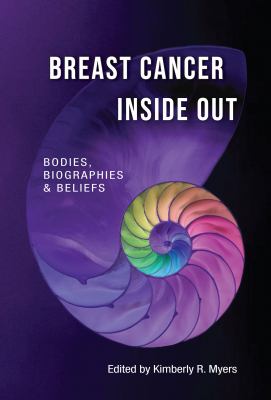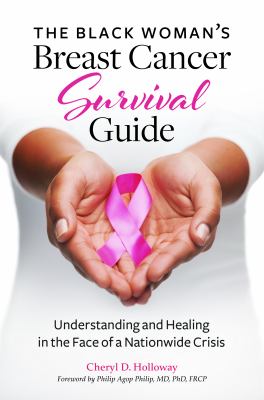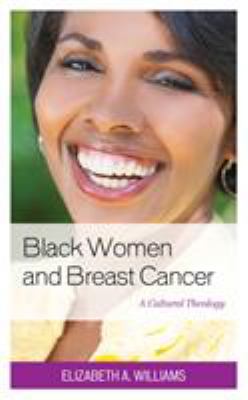Fighting Back Against Breast Cancer #TheNext400
Moderator: Chris Tanaka, Channel 19 News Panel: Kamesha Miles, Community Program Manager of the Susan G. Komen AAHEIPamela Combs – CNP, Cleveland Clinic Thursday, October 21 | 7:30PMYouTube and Facebook Live Recommended Reading These recommended reads are in partnership with Cleveland 19’s The Next 400 series More Recommended Reading
Moderator: Chris Tanaka, Channel 19 News
Panel:
Kamesha Miles, Community Program Manager of the Susan G. Komen AAHEI
Pamela Combs – CNP, Cleveland Clinic
Thursday, October 21 | 7:30PM
YouTube and Facebook Live
Recommended Reading
These recommended reads are in partnership with Cleveland 19’s The Next 400 series

Breast Cancer Inside Out: Bodies, Biographies & Beliefs by Kimberly R. Myers
This book offers a 360° look at breast cancer from individuals who have intimate understanding of and experience with it: patientswho have lived or are living with the disease; healthcare providerswhose perspectives patients and families rarely get to know; and researchers and scholarswho examine breast cancer through various scientific and cultural lenses. Here you will meet 33 individuals from the UK and US who provide both factual information and personal insights in different forms: historical overview, personal essay, interview, play script, poem, interpersonal vignette, practical guidelines, comic, mixed-media photography exhibit and scholarly analysis.

The Black Woman’s Breast Cancer Survival Guide: Understanding and Healing in the Face of a Nationwide Crisis by Cheryl D. Holloway
Breast cancer is reaching epidemic levels, especially among black women. This survival guide provides tools that women–black women in particular–can use to identify and combat this all-too-common threat.
This “what you need to know” guide is unique in its common sense, “laywoman’s” approach and particular relevance to women of color. Its premise is simple: ignorance and lack of education about breast cancer signs and symptoms are still all too prevalent among black women. Many women are not informed about resources available for early detection screening and are not referred for mammography screening. They may also receive significantly delayed treatment–especially black women. For those reasons and more, black women with or at risk for breast cancer need an advocate who speaks for them and tells them the truth. They have that advocate in Cheryl Holloway, PhD–and in this book.

Black Women and Breast Cancer: a Cultural Theology
by Elizabeth A. Williams
Christian theology at its core is a story about someone being in trouble. In response to this trouble, the triune God intervenes. God identifies with those in trouble, walking with them through the experience. Yet, the God of Christian theology goes a step further. God prevails over trouble. God is an overcomer. Black women with breast cancer identify with this God. They also see themselves in this theological narrative. They see themselves in the midst of troubles, troubles like racism, poverty and environmental exposures that create the disease affecting their bodies. They see the troubles of breast cancer, their biological disposition towards more aggressive cancers, later stage diagnoses, poorer prognoses, diminished quality of care and worse outcomes. Black women also palpably feel the troubles breast cancer brings like fear, physical disfigurement, social isolation, being stereotyped for treatment decisions, abandonment and even death.

Radical: the Science, Culture, and History of Breast Cancer in America
by Kate Pickert
As a health-care journalist, Kate Pickert knew the emotional highs and lows of medical treatment well — but always from a distance, through the stories of her subjects. That is, until she was unexpectedly diagnosed with an aggressive type of breast cancer at the age of 35. As she underwent more than a year of treatment, Pickert realized that the popular understanding of breast care in America bears little resemblance to the experiences of today’s patients and the rapidly changing science designed to save their lives. After using her journalistic skills to navigate her own care, Pickert embarked on a quest to understand the cultural, scientific and historical forces shaping the lives of breast-cancer patients in the modern age.
